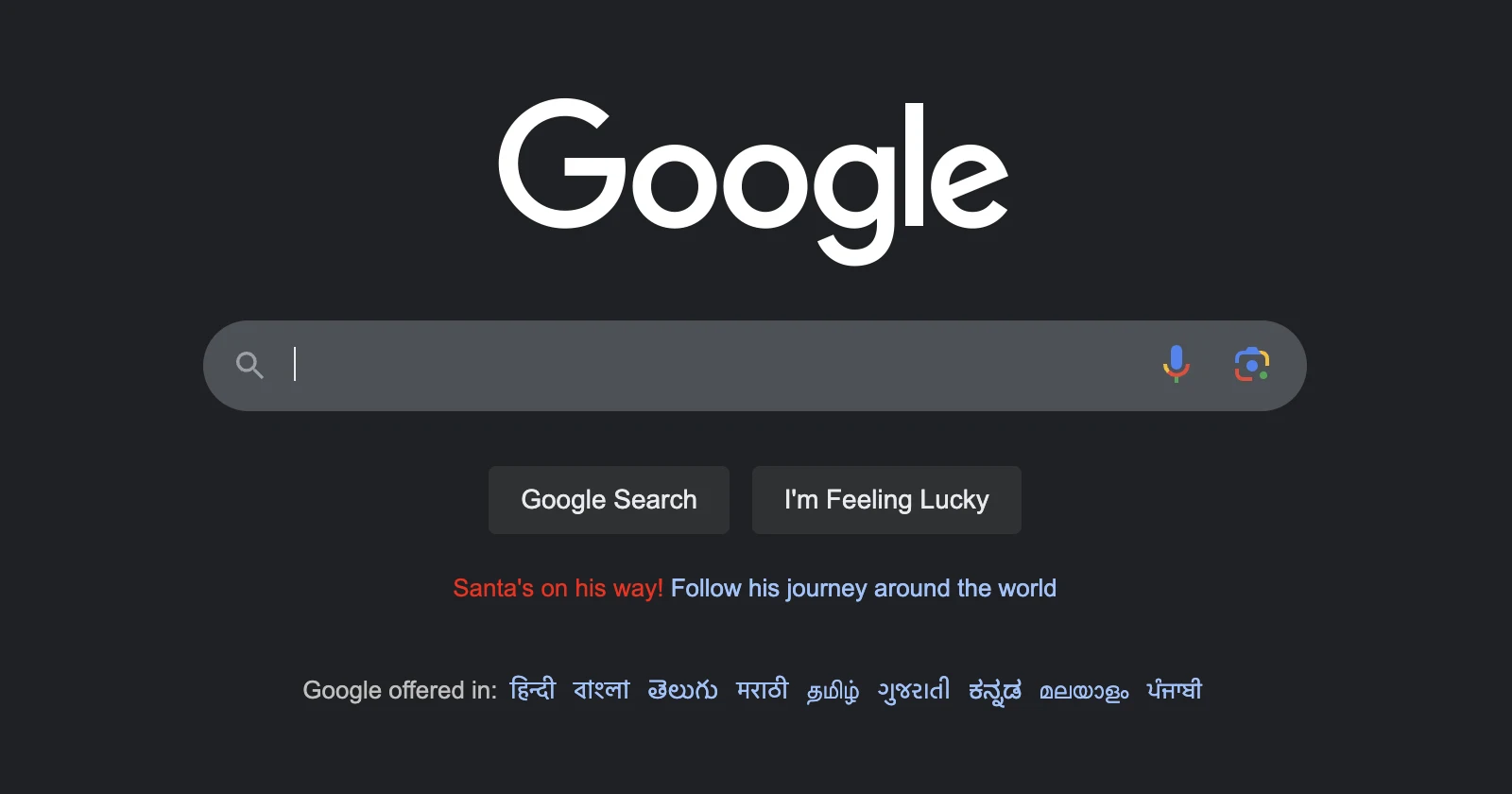Google has reportedly announced changes to how its search results appear, aiming to meet the requirements of the European Union’s Digital Markets Act (DMA). These changes seem to have garnered support from Airlines for Europe, a lobbying group representing big names like Lufthansa and Air France KLM. Last month, Google revealed these updates, which are meant to tackle ongoing critiques about favoring its own products over those of competitors — a no-go under the DMA.
The airline group has backed Google’s new approach, which includes using horizontal layouts with equally-sized boxes for airlines and comparison sites, alongside a unique blue color to set these listings apart from the rest of the search results. However, they’ve also voiced concerns about how prices are shown and Google’s choice to use indicative rather than specific travel dates. In a letter sent to the European Commission on December 20, they stressed that travel dates are key to the user’s search experience, warning that these changes might not sit well with users.
This is all part of Google’s strategy to handle increasing regulatory pressure across various markets. According to the report, there’s talk that Google might go back to the old-school “10 blue links” search format if they can’t agree on a compliant method with competitors. Not following the DMA could lead to hefty fines, up to 10% of their global annual revenue.
Meanwhile, Google is facing similar regulatory headaches elsewhere. Just yesterday, Japan’s Fair Trade Commission indicated they might issue a stop order against Google for anti-competitive behavior, marking the first time they’ve targeted a U.S. tech giant like this. The issue in Japan centers around Google’s deals with smartphone makers, which allegedly force the installation of apps like Chrome and Google Search, potentially stifling competition.
That said, Google is tweaking its search results in an effort to dodge more fines and keep its top spot in the market. It’s still up in the air whether these changes will completely please regulators and competitors, but the airline industry’s somewhat positive response hints that Google might be making headway in this ongoing debate.
TechIssuesToday primarily focuses on publishing 'breaking' or 'exclusive' tech news. This means, we are usually the first news website on the whole Internet to highlight the topics we cover daily. So far, our stories have been picked up by many mainstream technology publications like The Verge, Macrumors, Forbes, etc. To know more, head here.


